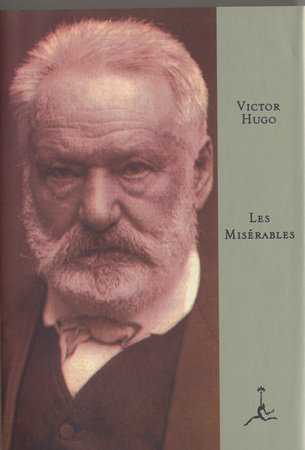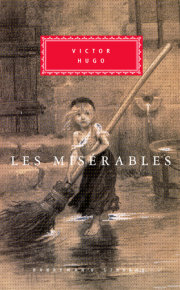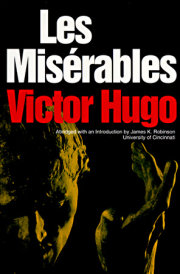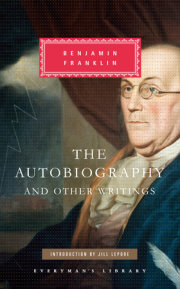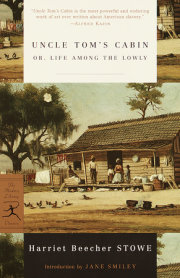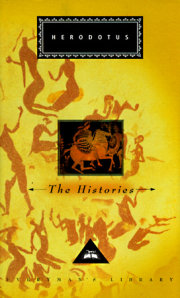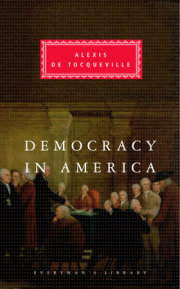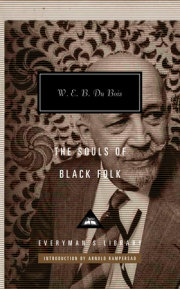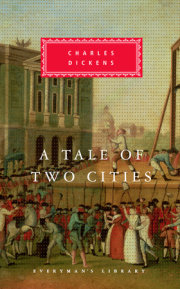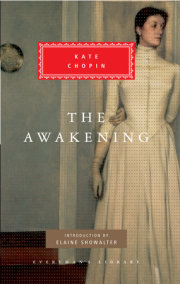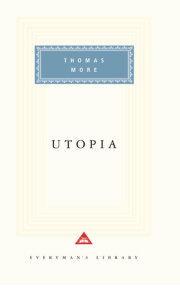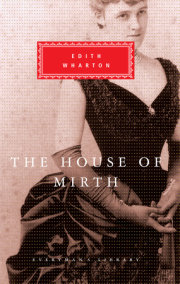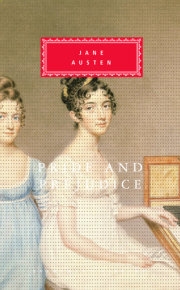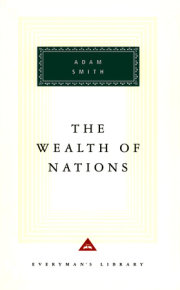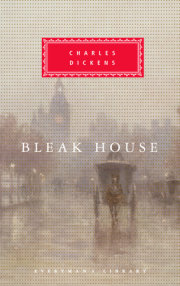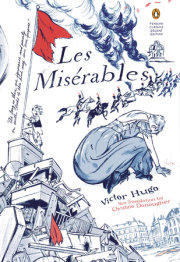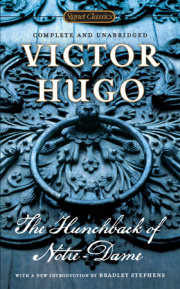So long as there shall exist, by reason of law and custom, a social condemnation, which, in the face of civilisation, artificially creates hells on earth, and complicates a destiny that is divine, with human fatality; so long as the three problems of the age--the degradation of man by poverty, the ruin of woman by starvation, and the dwarfing of childhood by physical and spiritual night--are not yet solved; as long as, in certain regions, social asphyxia shall be possible; in other words, and from a yet more extended point of view, so long as ignorance and misery remain on earth, books like this cannot be useless. Hauteville House, 1862.
1815, M. Charles Franois-Bienvenu Myriel was Bishop of D----. He was a man of seventy-five, and had occupied the bishopric of D---- since 1806. Although it in no manner concerns, even in the remotest degree, what we have to relate, it may not be useless, were it only for the sake of exactness in all things, to notice here the reports and gossip which had arisen on his account from the time of his arrival in the diocese.
Be it true or false, what is said about men often has as much influence upon their lives, and especially upon their destinies, as what they do.
M. Myriel was the son of a counsellor of the Parlement of Aix; of the rank given to the legal profession. His father, intending him to inherit his place, had contracted a marriage for him at the early age of eighteen or twenty, according to a widespread custom among parliamentary families. Charles Myriel, notwithstanding this marriage, had, it was said, been an object of much attention. His person was admirably moulded; although of slight figure, he was elegant and graceful; all the earlier part of his life had been devoted to the world and to its pleasures. The revolution came, events crowded upon each other; the parliamentary families, decimated, hunted, and pursued, were soon dispersed. M. Charles Myriel, on the first outbreak of the revolution, emigrated to Italy. His wife died there of a lung complaint with which she had been long threatened. They had no children. What followed in the fate of M. Myriel? The decay of the old French society, the fall of his own family, the tragic sights of '93, still more fearful, perhaps, to the exiles who beheld them from afar, magnified by fright--did these arouse in him ideas of renunciation and of solitude? Was he, in the midst of one of the reveries or emotions which then consumed his life, suddenly attacked by one of those mysterious and terrible blows which sometimes overwhelm, by smiting to the heart, the man whom public disasters could not shake, by aiming at life or fortune? No one could have answered; all that was known was that when he returned from Italy he was a priest.
In 1804, M. Myriel was cure of B----(Brignolles). He was then an old man, and lived in the deepest seclusion.
Near the time of the coronation, a trifling matter of business belonging to his curacy--what it was, is not now known precisely--took him to Paris.
Among other personages of authority he went to Cardinal Fesch on behalf of his parishioners.
One day, when the emperor had come to visit his uncle, the worthy cure, who was waiting in the ante-room, happened to be on the way of his Majesty. Napoleon noticing that the old man looked at him with a certain curiousness, turned around and said brusquely:
'Who is this goodman who looks at me?'
Copyright © 2000 by Victor Hugo. All rights reserved. No part of this excerpt may be reproduced or reprinted without permission in writing from the publisher.

